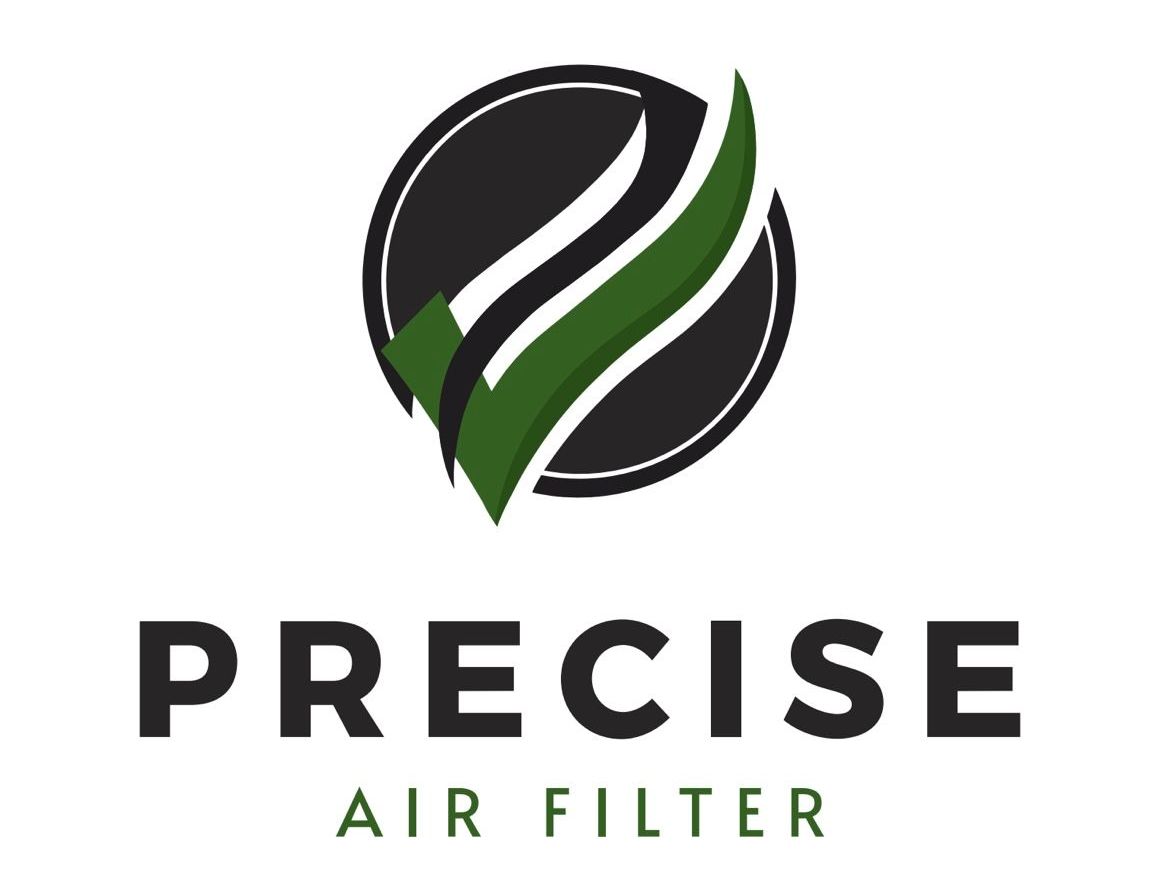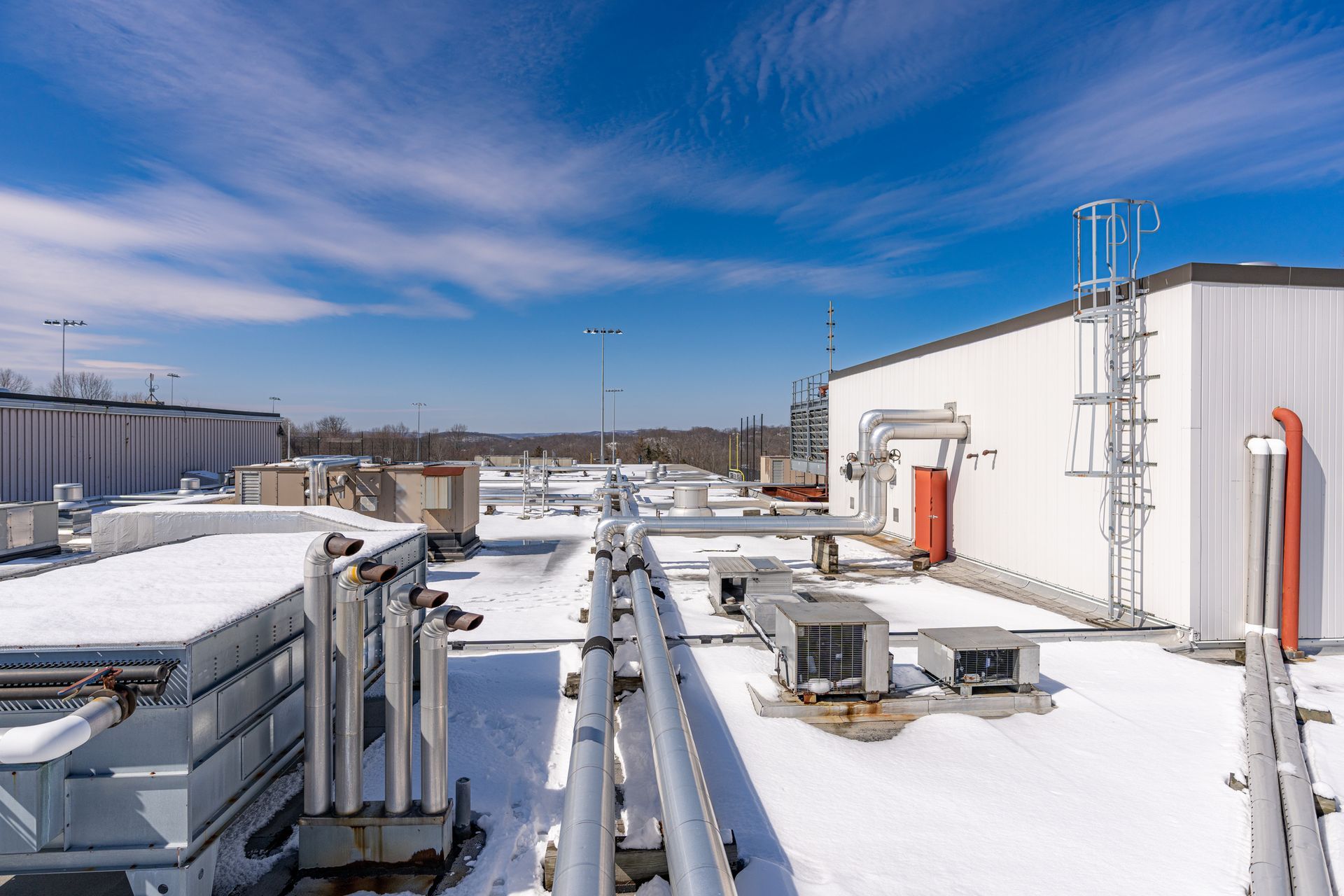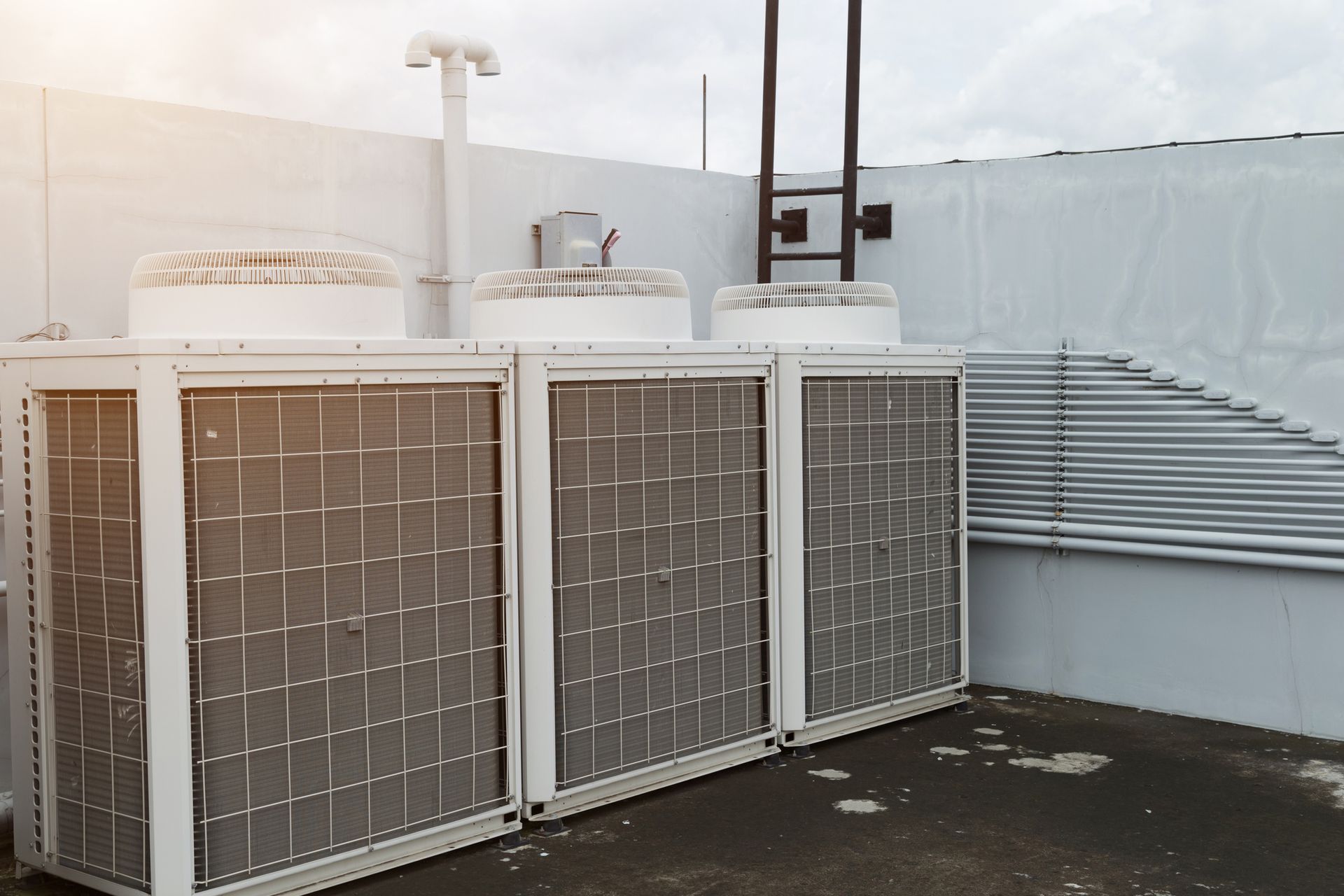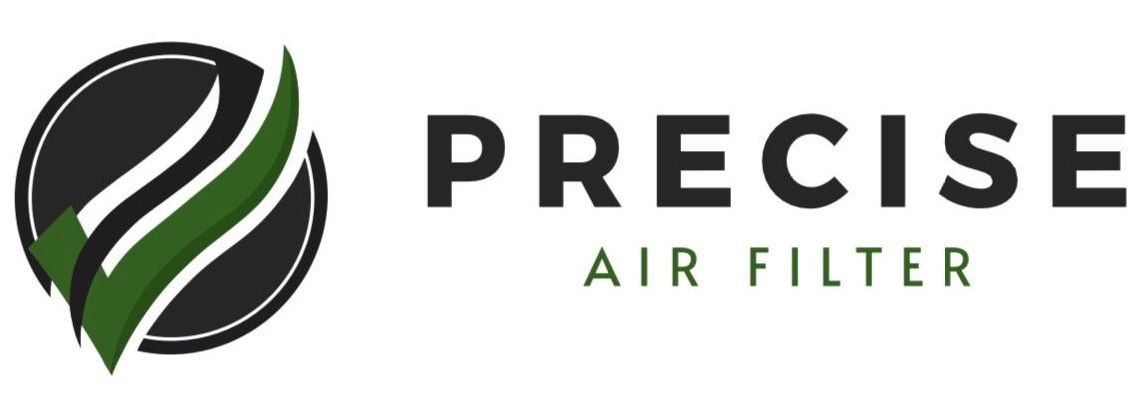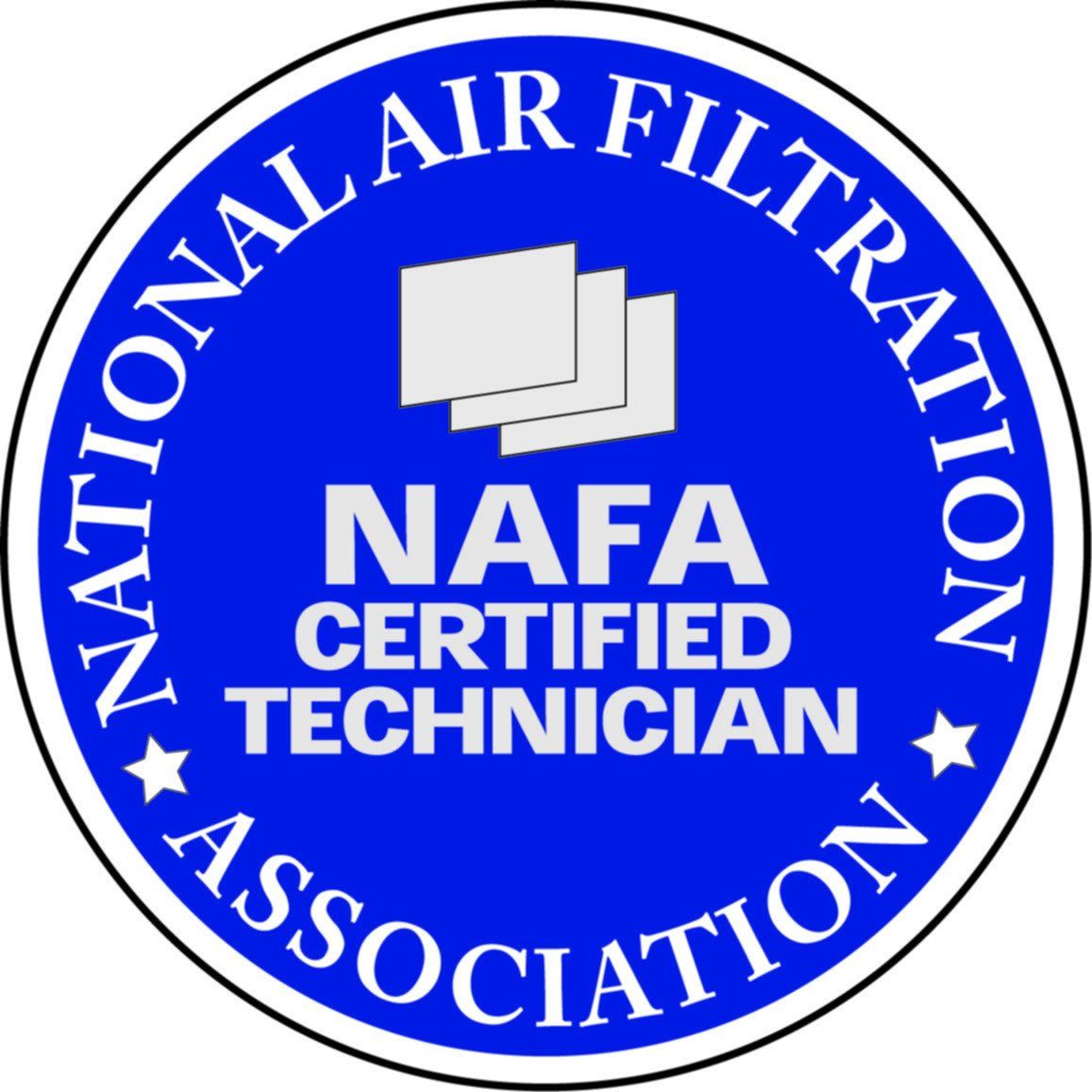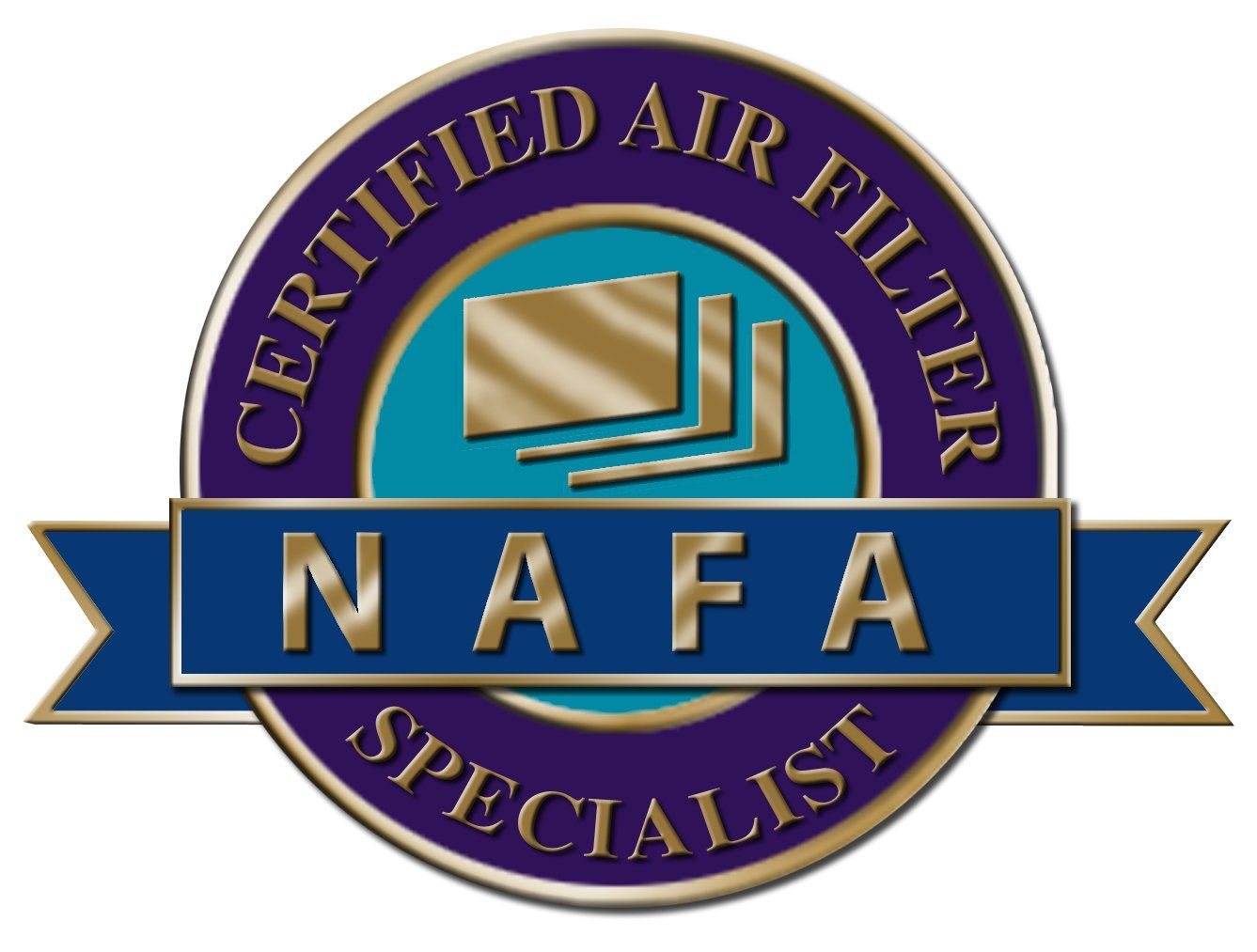Spring HVAC Maintenance Guide for Property Managers: Air Filters and More
Spring HVAC Maintenance Guide for Property Managers: Air Filters and More
As spring arrives, property managers face a familiar challenge: preparing HVAC systems for increased demand during warmer months. From fluctuating temperatures to allergy-inducing pollen, this season puts commercial HVAC systems to the test. A well-executed spring maintenance plan helps prevent costly breakdowns, improve tenant comfort, and ensure indoor air quality remains high.
This guide covers everything property managers need to know—starting with air filters, and extending to broader system checks and preventative tasks.
Why Spring Maintenance Matters in Commercial Buildings
Spring is a transitional period when heating systems wind down and cooling systems ramp up. It's also the peak season for airborne allergens, dust, and humidity—conditions that can strain HVAC performance and compromise air quality.
Without routine HVAC maintenance, property managers risk:
- Tenant complaints due to poor air circulation
- Higher energy bills from inefficient systems
- Costly emergency repairs in summer
- Diminished air quality due to clogged filters or duct buildup
Implementing a seasonal checklist helps avoid these pitfalls and keeps building systems running smoothly.
Prioritize Air Filter Inspection and Replacement
Air filters are the frontline defense against airborne pollutants, especially in spring when pollen and mold spores are prevalent. Dirty or clogged filters reduce airflow, strain the system, and allow allergens to circulate throughout the building.
Recommended actions:
- Inspect all air filters in residential units, common areas, and commercial suites
- Replace filters with high-efficiency MERV 11–13 models where possible
- Schedule regular replacements every 60–90 days, or more frequently in high-traffic or high-pollen environments
- Stock spare filters for emergency replacements
Not sure what type of filter your system uses? Consider working with a trusted supplier like Precise Air Filter for custom sizes and bulk ordering.
Clean and Inspect HVAC Coils
Evaporator and condenser coils accumulate dust and debris over time. Dirty coils can reduce cooling efficiency and increase wear on the compressor—especially during warm spring days when the system is adjusting to increased use.
Recommended actions:
- Clean indoor evaporator coils to improve cooling output
- Inspect outdoor condenser coils for dirt, leaves, or obstructions
- Use a soft brush or coil cleaner to gently remove buildup
- Check coil fins for damage or bending and straighten as needed
Check Thermostat Settings and Controls
As temperatures shift, it's common for tenants to adjust thermostats more frequently. Ensuring proper calibration and system communication reduces wear and energy waste.
Recommended actions:
- Calibrate thermostats and ensure accuracy
- Replace batteries in manual thermostats, if applicable
- Verify that programmable or smart thermostats are set for spring/summer scheduling
- Confirm thermostats are correctly syncing with HVAC equipment
Inspect Ductwork and Air Vents
Even the best air filter can't fix air quality issues caused by dirty or leaky ductwork. Spring is the ideal time to evaluate air distribution systems before peak summer loads begin.
Recommended actions:
- Check for visible dust buildup around vents and returns
- Inspect ducts for leaks, damage, or signs of mold
- Schedule professional duct cleaning for older systems or spaces with persistent odor issues
- Ensure vents are unobstructed by furniture or inventory
Test System Performance
A system checkup helps identify and address performance issues before they escalate.
Recommended actions:
- Run both heating and cooling modes to test seasonal transition
- Listen for unusual noises like rattling or short cycling
- Monitor air pressure and temperature differentials in various zones
- Review system logs for error codes or diagnostics (if available)
Communicate with Tenants
Tenant satisfaction is closely tied to comfort. Keep tenants informed of seasonal maintenance, especially when service interruptions or filter changes are scheduled.
Recommended actions:
- Post notices about upcoming HVAC checks or filter replacements
- Remind tenants to report airflow or temperature issues promptly
- Share seasonal tips (e.g., keeping vents clear or using in-room air purifiers for allergy relief)
Make Spring Maintenance a Routine, Not a Reaction
A proactive approach to spring HVAC maintenance not only extends equipment lifespan but also reduces operating costs and improves tenant retention. Property managers who follow a structured, seasonal HVAC plan set their facilities up for success year-round.
Need Help with Air Filter Management?
Precise Air Filter offers reliable solutions for property managers and building operators. From standard MERV-rated filters to custom-sized orders and bulk pricing, we help you keep your properties compliant, efficient, and breathable—season after season.
